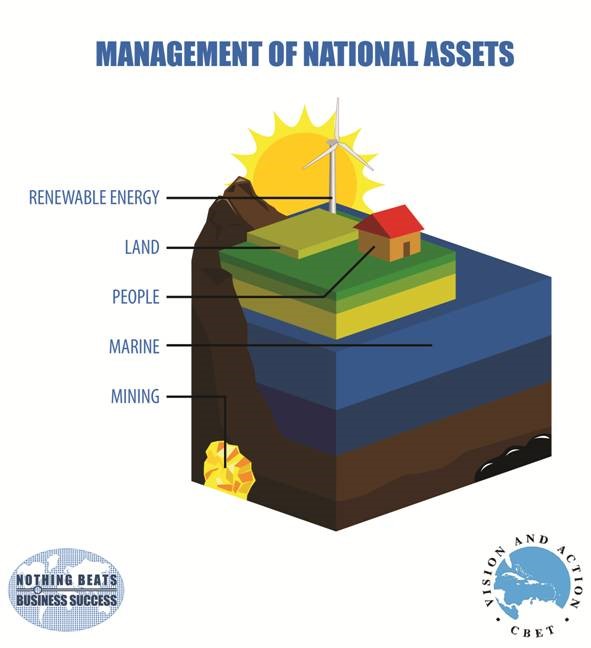“I can do all things through him who strengthens me.” – Philippians 4:13
In 1776, Scottish economist and moral philosopher Adam Smith published the book “The Nature and Causes of the Wealth of Nations” which is reported to be a fundamental work in classical economics and is rooted in broad topics such as the division of labour, productivity and free markets. This was around the time of the industrial revolution.
Since then, the world has rapidly evolved through agricultural revolutions, a knowledge revolution, the information age with prospects for the entrepreneurial revolution and the food and nutrition (from the alleviation of starvation to the ultimate enjoyment in global food experiences) revolutions. Each revolution is postulated to enhance the chances of our sustainability.
Two weeks ago, Gregory Aboud, the President of the Downtown Owners and Merchants Association in Port of Spain, Trinidad addressed the weekly meeting of the Rotary Club of Central Port-of-Spain. He drew reference to the book “Why Nations Fail” by Daron Acemoğlu and James Robinson which highlights the characteristics of successful states as those that: (1) Guarantee the rights of all citizens, through contract law and justice; (2) Enable investment on the basis of confidence in policies, education and infrastructure; (3) Are controlled by all citizens and the leader is controlled by Parliament; and (4) Arbitrate to minimize violence amongst citizens. He encouraged those present to have an ongoing conversation about whether T&T is a failed state. These conversations could be extended to the rest of the Caribbean and beyond.
Given this background, today’s column promotes the concept that the expert management of national assets is fundamental to the sustained holistic wealth of a nation.
Management is a cyclical process with the following five components: (1) delineating a plan with specific objectives; (2) selecting appropriate instruments for optimal organizational efficiency; (3) ensuring that the positions in the organizational charts are well staffed and molded into an effective team; (4) leaders motivating the team to achieve the planned objectives; and (5) monitoring the performance to determine what adjustments, if any, that have to be made to the plan.
Each nation has assets. All nations are blessed with land, sun, water, wind and people, albeit in varying quantities and quality. Land locked countries have been denied direct access to marine resources, beaches and ocean derived energy sources. Not all countries have access to significant valuable mining resources.
The success of a nation depends on how these assets are managed by the public and private sectors.
The public sector must focus on regulatory and service functions and the private sector must “Do business” in the myriad of sectors which can be developed from the mix of assets available to each country. These sectors will comprise of business activity which may include a mix of the technology, agricultural, financial service, knowledge based, cultural, renewable energy and tourism industries.
In the case of Trinidad and Tobago, Gregory Aboud further recommended, amongst other things, the decentralization of government, where revenue collection and distribution authority is given back to individual cities and boroughs. This would mean that they have a vested interest in improving the worth of their communities, through city and borough councils. This model has merit, in terms of greater efficiency, and may be applied in other countries.

Let us recognize that each one of us has a part to play and that we can do all things through the divine force that strengthens us as we accept the challenge of the management of our national assets towards our survival and sustainability.
